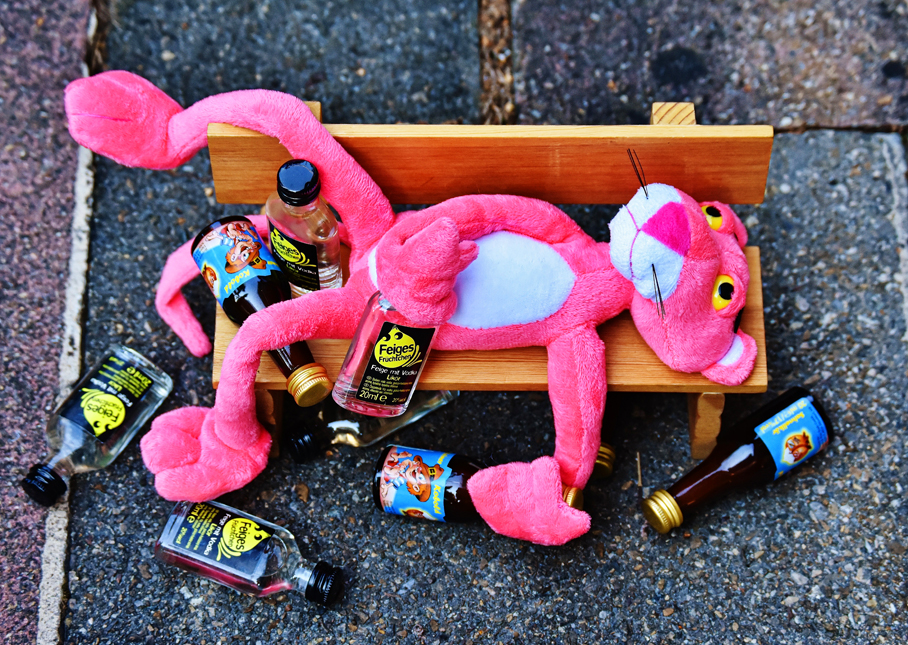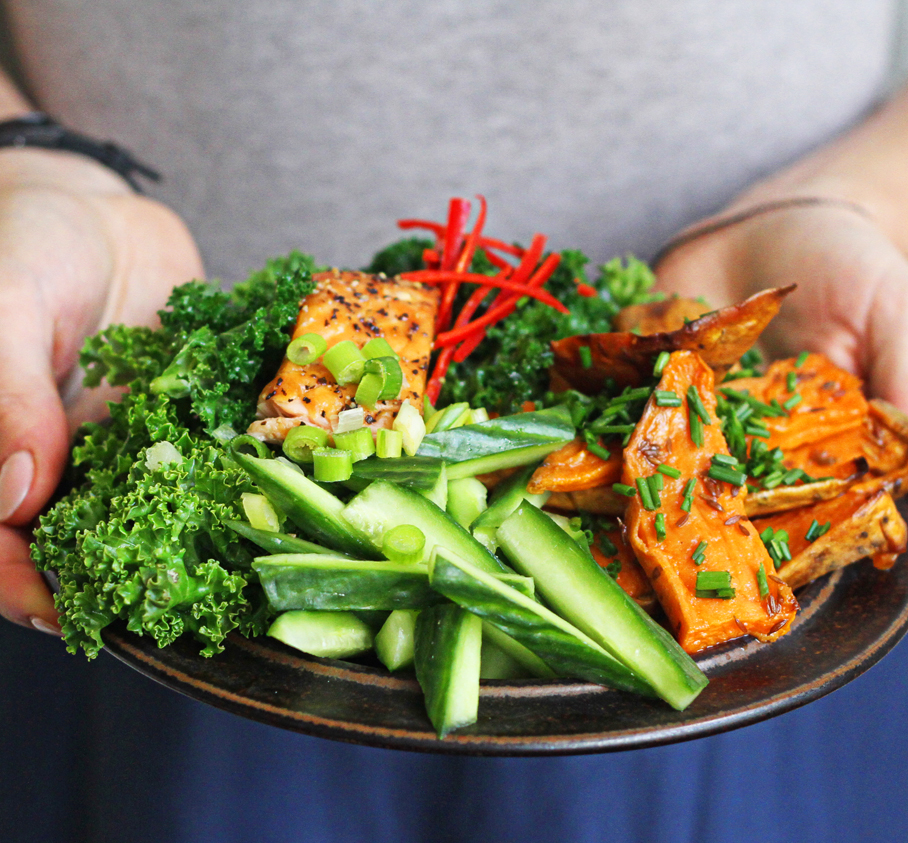On average, it takes a little over two months to form a new behaviour. Multiple research studies have shown that it takes 66 days on average to make a behaviour a habit. This goes someway in explaining why the majority of New Year Gym Warriors are destined to fail – they simply do not entertain their new behaviour long enough for it to become a habit. Why would this be the case? The predictability of this cycle of promising yourself that THIS is the year I diet and get in shape by hitting the gym with fury and a certain sense of smugness on the second of January, only to have conveniently misplaced your gym membership card exactly a month later is all too familiar.

There are many reasons why people do not stick to their behaviours long enough for them to become automatic. From a fitness perspective, this often ranges from lack of education regarding what to do, to not seeing results and giving up disheartened. So, what do we need to do to make our behaviours stick and become habits? I believe the reason most people don’t achieve their goals in fitness is primarily because they don’t create sustainability.For our behaviours to become habits, we must give ourselves every chance, after all going out of our way to do another activity in our already hectic lives is a tall ask. As well as this, persuading ourselves to carry out an activity that we don’t really enjoy is not going to increase our chance of success.
“For our behaviours to become habits, we must give ourselves every chance, after all going out of our way to do another activity in our already hectic lives is a tall ask.”
The answer is to pick a few small but manageable impactful behaviours to implement. The key here is what I like to call the benefit-time ratio. In other words, what can we do that will give us the most benefit in the least time. E.g. we are more likely to find aiming for a target of 10,000 steps a day, for example, more attainable than deciding you are going to run ten miles a day, six days a week, and run the London Marathon in less than three hours (announced on New Year’s Eve, generally under the influence of alcohol, followed by waking up with immediate regrets the next day… we’ve all been there!). That’s not to say setting yourself goals should not be done – in many cases, setting an important date, aiming for a particular milestone, or even entering a race can be effective. However, this article is about the small habits you can start doing right now that will have a big impact on your health and wellbeing.

Here are my Top Three Fitness Habits to try in 2018. Give them a try – your body will thank you for it.
1) Drink more water – the majority of people don’t drink enough water. Did you know our bodies consist of roughly 60% water? Mild dehydration can impair brain function, affecting both your concentration and mood. Furthermore, drinking enough water can help you lose weight. This is because water can increase the feeling of fullness and raise your metabolic rate by the mechanism of thermogenesis. In fact, aiming for a target of two litres per day can lead to an extra 100 calories burned per day. This may not sound like much, but if you look at this over the period of a year, 100 calories a day equals 36,500 calories. Given that a pound of fat consists of 3,500 calories, the mathematicians amongst you will quickly realise that simply drinking two litres of water per day could lead to up to a massive 10 pounds of fat loss in a year! Top Tip: Aim for 2 litres of water per day, buy a good quality large water bottle and keep it with you at all times; use fresh lemon and mint leaves to give you water a nice refreshing flavour.

2) Aim to spend more time on your feet – sitting is quickly being labelled ‘the new smoking’- and for good reason. Extensive studies have linked time spent sitting with increased mortality. Most adults in the Western world spend on average seven hours sitting per day, with many in office based jobs taking this figure up to 10 hours. Worryingly, the effects of sitting for extensive periods of time are not negated through hitting the recommended weekly exercise targets.
Professors at the Baker Heart and Diabetes Institute in Melbourne, Australia found that excessive sitting slows metabolism – affecting our ability to regulate vitals such as blood pressure, blood sugar levels and our ability to metabolise fat. In essence, a lack of movement causes the body to start shutting down when there is little muscle activity. Clearly this is undesirable. Luckily these quite serious side effects can be combated by simply getting up and moving briefly every 30 minutes or so. It is thought this has a similar ‘revving up’ effect on the body to that of revving a car engine.
Top Tip: Move more; a small pedometer is all that is needed to keep track of your activity. Aim for 10,000 steps a day – almost 8 kilometres (5 miles). Try taking the stairs more, standing on the train or bus, parking further away from a building, standing up whilst taking calls. It all adds up.

3) Focus on eating real food – we are exposed to more and more food products than ever before. Unfortunately, it can be hard to decipher what’s good for us or not. The power of marketing and the media telling us to eat this and not that is often overwhelming. Low fat, low sugar, don’t eat carbs, do eat carbs, gluten is bad etc etc. It really is no wonder that we are facing the highest rates of self-inflicted diseases ever seen. The answer to navigating this minefield of propaganda and contradiction is to simply focus on eating real food. Anyone who follows my website, The Fitness Gypsy, will know that I am a proponent of the simplest, easiest to follow diet ever – the ‘eat real food diet.’ Real foods come from nature and are good for you. They contain vitamins and minerals as well as the macronutrients protein, fat and carbohydrates – all of which are required in balance for optimal health. Vegetables, fruits, nuts, lean proteins, unsweetened dairy products, grains, and pulses should all be part of your diet. Despite the popular faddy trends of cutting out certain things from your diet, most of this is not backed up by research. Consuming real foods will increase your energy, improve your skin and, importantly, improve vital blood markers such as cholesterol, blood glucose and inflammation. Top Tip: If it didn’t once grow in the ground, fly, swim or run, don’t eat it.
Happy Habit Building for 2018!
Written by Tom Harris for Nuvia, Personal Trainer and Nutritionist
References
Ganio et al, 2011.
Boschmann et al, 2003.
NHS England, 2018.






